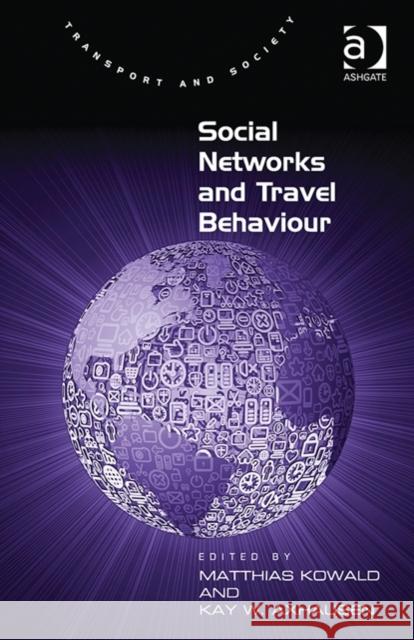Social Networks and Travel Behaviour » książka
Social Networks and Travel Behaviour
ISBN-13: 9781472433831 / Angielski / Twarda / 2015 / 222 str.
In aiming to understand and model peoples' out-of-home movements, the academic field of transport planning is confronted with two major challenges. Firstly, leisure travel is increasing in importance and is more complex and variable than work-related travel, being less rigid in temporal and spatial patterns and more influenced by external factors such as social contacts or weather conditions. Secondly, traditional aggregated transport models do not include any information on peoples' social interactions or their personal social networks. In contrast, the recent development and availability of disaggregated models allows more detailed modelling of elements such as individual characteristics, motivations, constraints and travel costs, as well as a consideration of influences from an actor's social environment. People travel not only within an infrastructure but also within a social structure. These two main factors have driven transport planners to focus on peoples' interaction and their social network. In recent years there have been a remarkable number of data collection efforts in the field, surveying information on the link between travel behaviour and social motivation. Providing an overview of selected exemplary studies, this volume addresses the overlap between transport planning and methods of social network analysis; applied methods of social network analysis and related empirical results; and current challenges and new research questions in this field.











